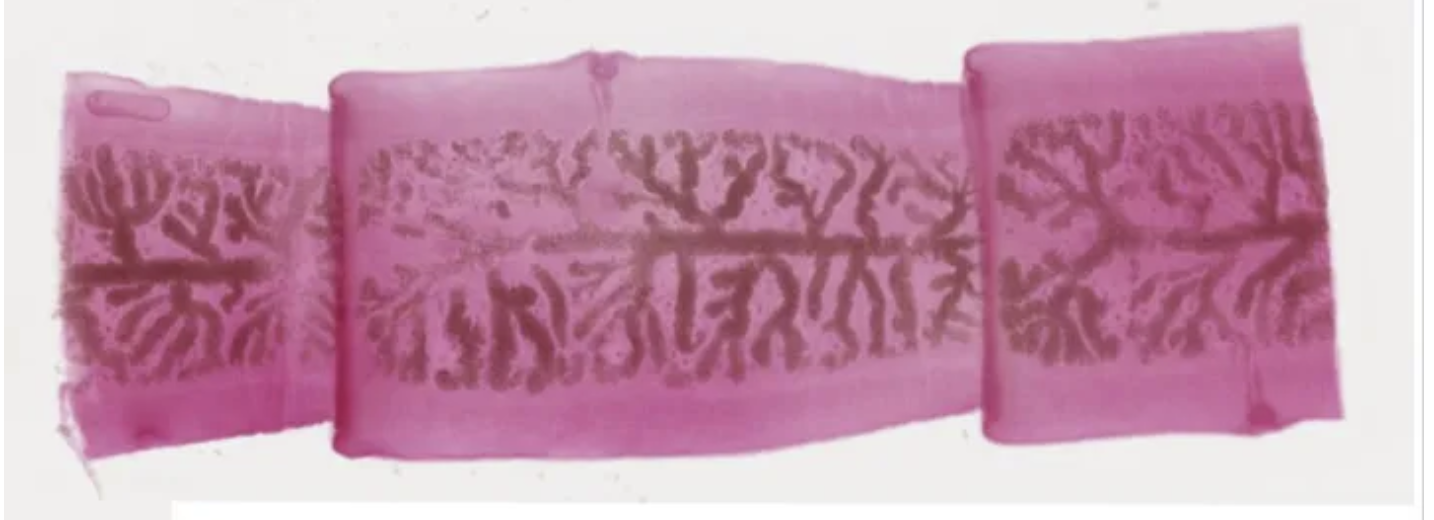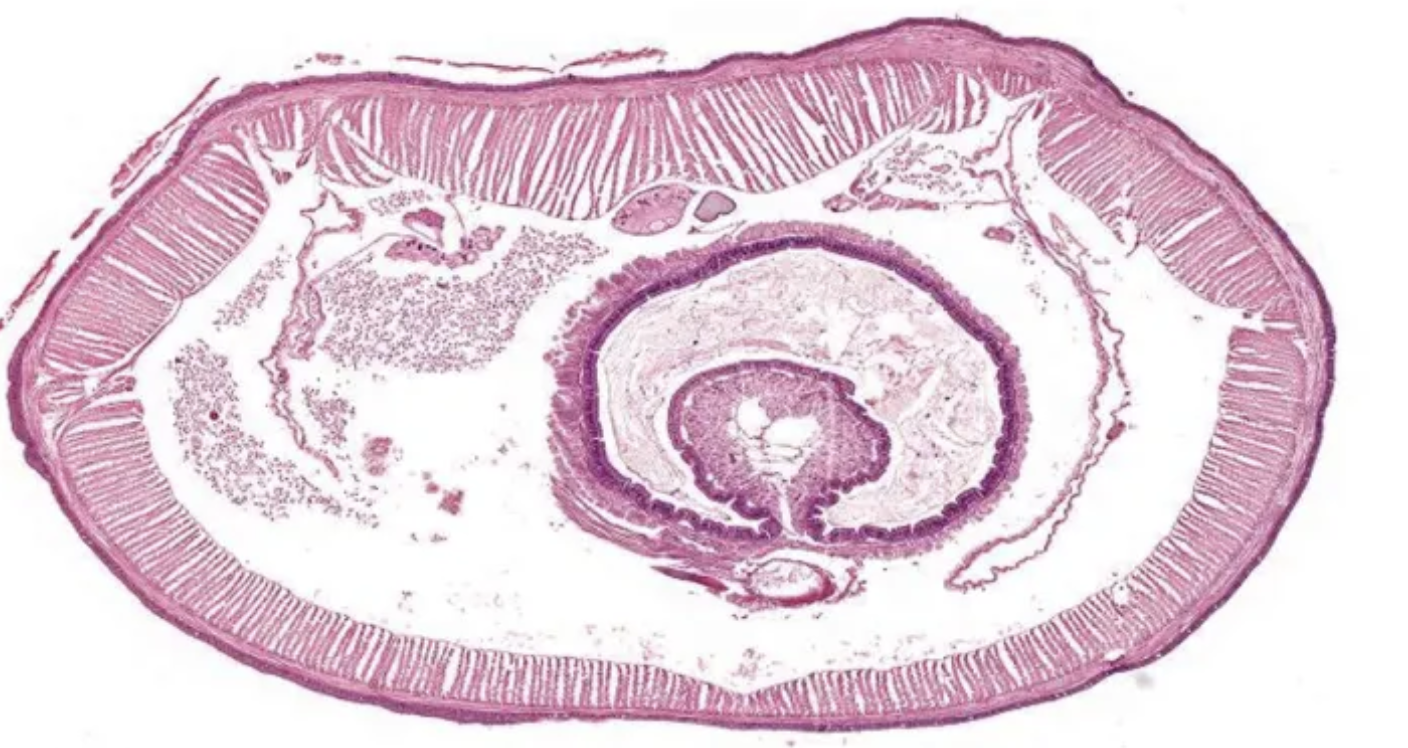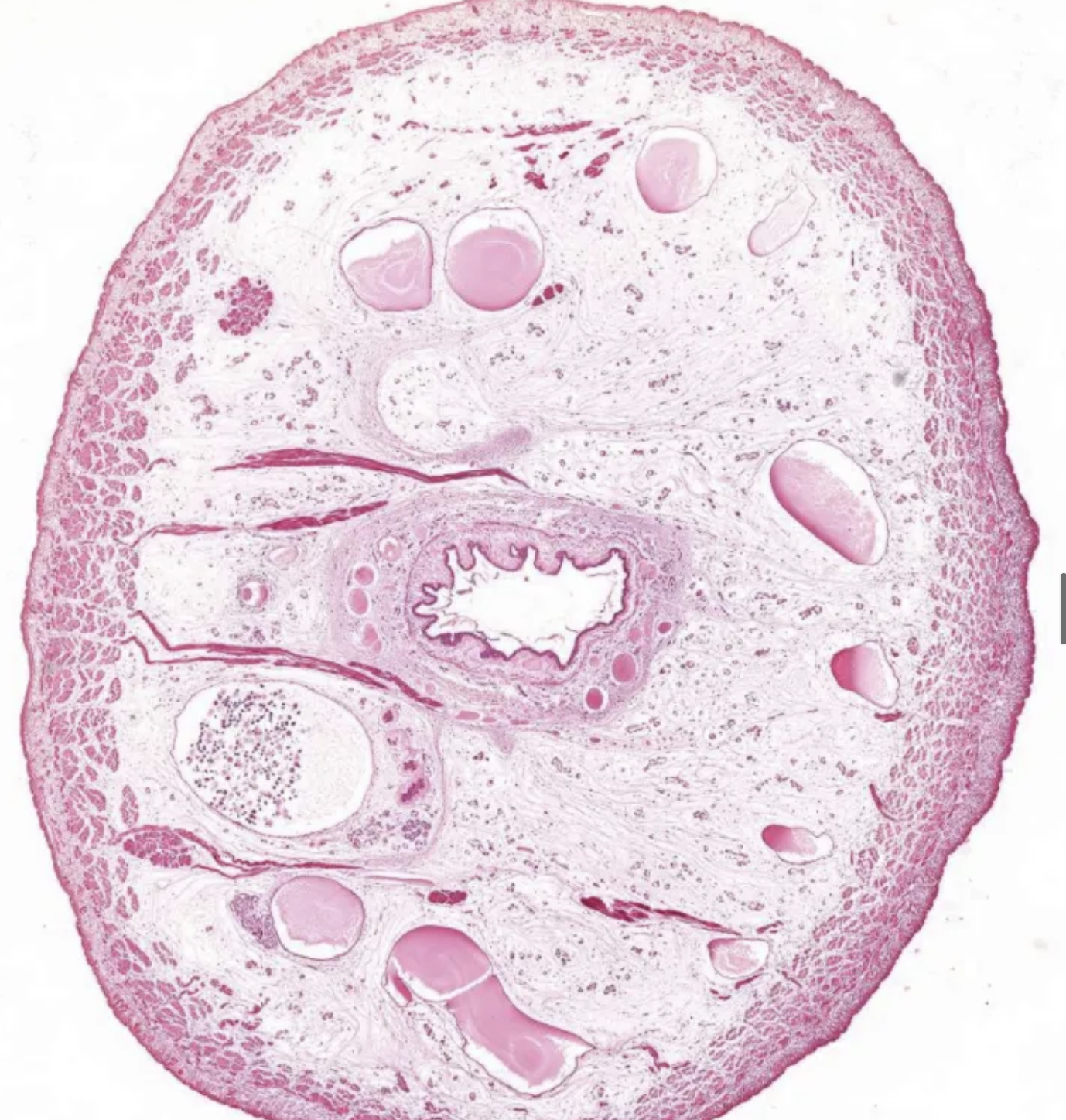Phylum: Annelida
1/10
There's no tags or description
Looks like no tags are added yet.
Name | Mastery | Learn | Test | Matching | Spaced |
|---|
No study sessions yet.
11 Terms
Characteristics
segmented coelomate worms
Thin, non-mounted cuticle and paired epidermal chateau
Closed circulatory system with dorsal “hearts”
hydroskeleton formed by coelom
Teloblastic growth of segments from pygidium
metameric segmentation derived from pygidia growth zone
pygidium lies at the posterior end of the body and hence the most posterior segments are ht youngest
circular and longitudinal muscle, ventral nerve cord, coelomoducts
riploblastic
protostomes
bilateral symmetry
etheric body
circulatory, respiratory, nervous, excretory system
Classes
Polychaeta
Clitellata
Polychaeta
marine annelids with paired segmental parapodia bearing numerous chatae
nuchal - sensory organs on head
1mm-3mm
wide variety of feeding and reproductive modes
some lack parapodia and chateau
bristle worms
fancy appendiges released from head to filter feed
t
chateau
bristle-like structures made of chitin, used for different functions
polycheata body segments
Head: the anterior, head region, consists of the prostomium, the presegmental part of the body that carries sensory antennae, and the peristomium, the first body segment forming the posterior part of the head.
The prostomium is bilateral and carries five sensory antennae. Behind the prostomium is the peristomium, which surrounds the mouth. The eversible pharynx, which is the anterior part of the gut, may partially protrude from the mouth. In Phyllodoce the pharynx is armed with a vertical pair of jaws or maxillae and a dorsal series of four to five toothed maxillary plates.
Segmental region: this region comprises the rest of the body. The segments are distinguished externally by annular rings and each segment carries a pair of appendages called parapodia.
The segments are demarcated by annular rings and each segment bears a pair of parapodia. Each parapodium consists of a dorso-lateral notopodium and a ventral neuropodium. From segments 16-30 onwards there are branchiae or gills attached to the notopodium. There are up to 4-7 filaments per gill containing fine blood vessels.
Pygidium: the tail (or pygidium) carries two elongated appendages. The pygidium is asegmental and includes the anus.

What’s this
polychata
Citellata
freshwater, marine or terrestrial
gonads and reproductive ducts limited to few segments
clitellum produces a cocaoon for eggs and is synapomorphy for the taxon
reduced chateau present in earthworms but absent in leeches
citellum: thickening of the epidermis at teh female genital pores that secretes egg cocoon
reduced setae
citellata subclass
oligochaete - paraphyletic group
hirudinea - fixed number of segments with a prosterior and usually anterior sucker

what’s this
Citellata, TS worm

What’s this
TS leech Citellata
locomotion
hydrostatic water pressure skeleton, fluid filled coelom , combined action of longitudinal and circular muscles, push liquid in a kind of fludi filled serum into the front of the worm and then pressure pulls the rest of the worm along with it and inch along